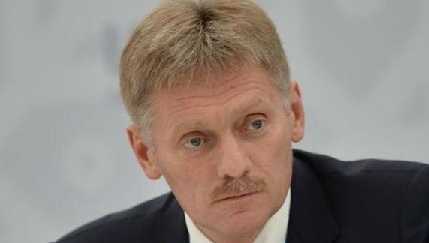
15 May 2023; MEMO: The Kremlin said, on Monday, that Russia expects cooperation with Turkiye to continue, deepen and expand amid the country's presidential and parliamentary elections that took place on Sunday, Anadolu News Agency reports.
"Of course, we are watching the news coming from Turkiye these days with great interest and attention. We respect and will treat the choice of the Turkish people. But, in any case, we expect our cooperation to continue, deepen and expand," Kremlin spokesman, Dmitry Peskov, told journalists in a press briefing.
Peskov said cooperation between Moscow and Ankara is mutually beneficial and meets the interests of the peoples of the two countries, adding that Turkiye is able to ensure "transparent elections" and "prevent illegal actions" from taking place.
Late Saturday, Peskov told the Russian state news agency, TASS, that Moscow "categorically rejected" accusations of interference in the Turkish elections, saying this is "out of the question".
READ: Voting ends in Turkiyes presidential, parliamentary elections
On Thursday, Kemal Kilicdaroglu, leader of the main opposition Republican People's Party (CHP) and joint candidate for the six-party opposition Nation Alliance, accused Russia of being behind a video content allegedly discrediting candidates for the presidency in the 14 May elections.
On Friday, Peskov said there can be no question of any interference of Russia in the Turkish elections, and that "those who spread such rumours are liars."
Peskov also denied French claims that Russia is "subservient" to China, adding that Moscow-Beijing relations have a "special strategic partnership" nature and this "is not connected with any dependence on anyone."
"We consider such an approach to be absolutely wrong. This is probably evidence of a completely wrong understanding of the essence of what is happening," Peskov said.
French President, Emmanuel Macron, told local media on Sunday that Russia entered "a form of subservience" with China and lost its access to the Baltic, which he described as "a geopolitical defeat".




